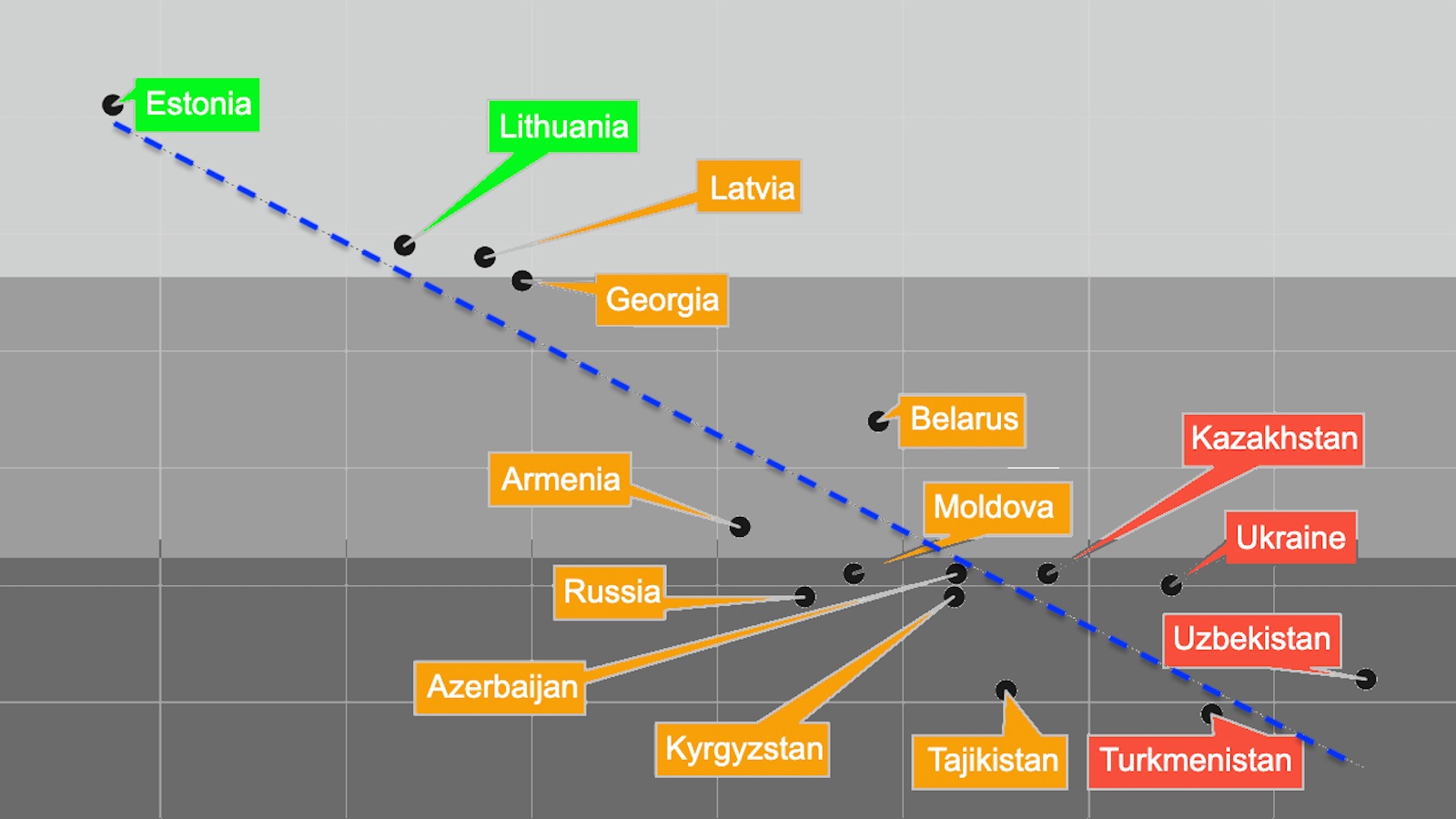Will Millennials Rescue American Science?

This post originally appeared in the Newton blog on RealClearScience. You can read the original here.
One of the problems with success is that it encourages two counterproductive feelings: Complacency and entitlement. And it’s quite obvious to most cultural and political observers that Americans have a large and unhealthy dose of both.
Between the two, the former is far worse than the latter. For instance, Millennials are widely derided for having a sense of entitlement, perhaps because we were relentlessly told by our parents and teachers that “you are special and will be able to do anything that you want.” Ph.D. students, in particular, were sold this bill of goods. But reality is finally hitting the Millennial Generation: We aren’t special and the world isn’t our oyster. While this new awareness can be discouraging, it can also motivate Millennials to get off their rears and do something about it.C
Complacency is far more pernicious. Left unchecked, it can rot the very core of a society. Satisfaction with — or more likely, a resigned acceptance of — the status quo is a surefire recipe for cultural decline.
Last week, the conservative Heritage Foundation, in partnership with the Wall Street Journal, announced that the United States is no longer a top 10 country in its annual “Index of Economic Freedom.” We now rank #12. Who is beating us? Denmark, Chile and Estonia. Even Canada is beating us.
Fiscally, the situation is worse. The U.S. is running out of money. Science funding has been cut. The debt-to-GDP ratio is 73% and, if nothing changes, it will be 100% in 25 years.
Our political system is bitterly divided, and probably broken. An intransigent President is unwilling or unable to cooperate with an equally intransigent Congress. Unsurprisingly, 63% of Americans believe our country is on the wrong track. The Economist, a British publication,recently lamented that the U.S. is in danger of becoming a “low-trust society” because Americans increasingly see those with whom they disagree politically as dishonest or corrupt. Here at RealClearScience, we expressed a very similar concern.
Even though the U.S. dominates higher education and scientific research, K-12 education continues to be mediocre. Our biggest cultural icons are Miley Cyrus and Duck Dynasty. And theAmerican media is far more interested in debating the opinions of a Louisiana duck hunter than in discussing major news stories from around the world.
So, here’s a question to ponder: Is there anything in America that we can point to and say, “This is working well”?
If it is true — as so many Americans believe — that the U.S. is in economic, political and cultural decline, how long will it be before we also enter into scientific decline? It is difficult to imagine that the U.S. can maintain its scientific and technological superiority while simultaneously experiencing decline in every other facet of life.
The U.S. does have one thing in its favor: Inertia. The fact that we have been #1 for so long means that we will continue to live off of past success for several years to come. But, we can’t live on fumes forever.
Millennials, it’s going to be up to us to turn things around.
(AP Photo)





